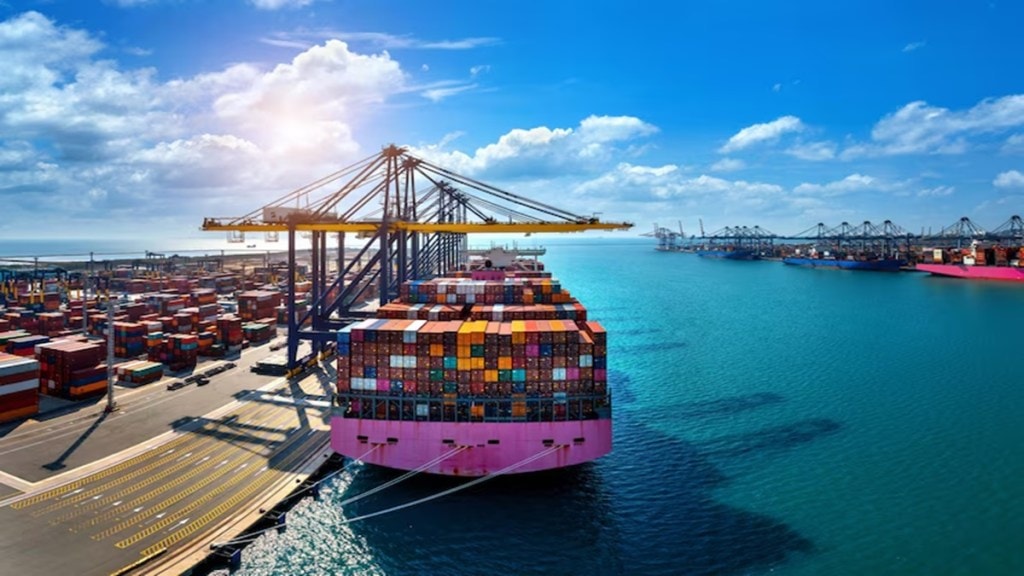By Abhijit Das
A massive storm is brewing over one sentence on patents contained in the recently concluded India-UK Comprehensive Economic and Trade Agreement (CETA). Many health advocacy groups working on access to affordable medicine and development-minded experts on intellectual property rights (IPR) are of the view that this provision in the CETA undermines access to affordable medicines. What is this provision, what are the underlying issues, what can be said in its defence, and what could be its implications?
What does the provision say?
In Article 13.6 of the CETA, the parties have recognised that “the preferable and optimal route to promote and ensure access to medicines is through voluntary mechanisms, such as voluntary licensing which may include technology transfer on mutually agreed terms”. As a background to this provision, it is relevant to note that a patent holder can grant a voluntary licence to any entity for manufacturing, importing, or selling the patented medicine. Most of the voluntary licensing agreements are shrouded in secrecy and very little information exists in the public domain regarding the terms of the agreement, duration, volume, and countries that will be supplied under the agreement. A concern with respect to voluntary agreements is that by artificially limiting production and supply, the patent holders are able to charge high prices and profiteer from multiple health crisis.
The World Trade Organization (WTO) Agreement on Trade-Related Aspects of Intellectual Property Rights, commonly referred to as the TRIPS Agreement, allows certain policy flexibilities for public health as alternatives to voluntary licensing. These include instruments such as compulsory licensing. If the price of a patented medicine is very high, a government can issue a compulsory licence to an entity to manufacture or import its generic version. The generic drug can thereafter be made available to patients cheaply, often at a fraction of the price of the patented medicine. The patent holder is required to be paid adequate remuneration in lieu of compulsory licensing.
On the surface, the controversial provision in the CETA may appear rather innocuous. Further, it could be argued that since India has resorted to compulsory licensing in just one instance over the past 20 years, this provision merely states the obvious. In addition, as very few countries have granted compulsory licence for pharmaceuticals, it could be contended that voluntary licensing is the global best practice.
Concerns about India’s shifting stance
Why are health advocacy groups upset with the provision in the CETA favouring voluntary licensing? This is grounded in history, as well as in contemporary developments. When the AIDS crisis was ravaging parts of the world, in 2001 some of the largest pharmaceutical companies legally challenged the attempts of the South African government to invoke TRIPS flexibilities for making available low-priced generic versions of the exorbitant patented antiretroviral medicines. Attempts were also made in other parts of the world by pharmaceutical companies producing patented medicines (“big pharma”) to actively dissuade developing countries from resorting to TRIPS flexibilities, including compulsory licensing. At the WTO, in May 2000, the US challenged a Brazilian law on compulsory licensing.
In this battle of patents over patients, collective efforts by health advocacy groups and governments in developing countries resulted in the WTO adopting the Doha Declaration on the TRIPS Agreement and Public Health in 2001. After days of hard bargaining, this declaration reaffirmed the rights of WTO members to resort to TRIPS flexibilities, including compulsory licensing. Brazil, India, and South Africa were at the forefront of this struggle at the WTO. This empowered many developing countries to counter the strong opposition of big pharma to their efforts at invoking TRIPS flexibilities. Consequently, many developing countries, including India, resorted to compulsory licensing for making medicines accessible to patients at affordable prices.
Over the years, in its endeavour to promote its commercial interests, big pharma has lobbied hard for more stringent standards on IPR protection in free trade agreement negotiations. In parallel, any policy intervention which can even remotely have an adverse impact on its windfall profits is quickly on the radar screen of big pharma.
The controversial provision on patents and voluntary licensing in the CETA should be viewed in the context of the persistent, untiring efforts of big pharma to prevent developing countries from resorting to compulsory licensing. After having been at the forefront of the fight to get a reaffirmation of compulsory licence and other TRIPS flexibilities in 2001, through the CETA India has bent decisively in favour of voluntary licensing. Consequently, health advocacy groups may, with some justification, harbour doubts about whether the country will have the ability and resolve to resist pressure from big pharma and invoke compulsory licensing, even if a health crisis may demand this action.
The voluntary licensing provision in the CETA has another dimension. So far, India has been perceived as a strong voice of developing countries on issues linked to public health and access to affordable medicines. There is a grave risk of India losing its standing and leadership among developing countries when these issues are discussed at various inter-governmental organisations, such as the WTO, World Health Organization, and World Intellectual Property Organization.
In conclusion, the government must do an honest soul-searching of what it has gained from the controversial provision on patents in the CETA. While it retains the legal right to resort to compulsory licensing, in light of this provision the government would have to be extremely resolute in resisting the opposition of big pharma towards compulsory licensing. Considering compulsory licensing may also expose the government to consultations and dispute settlement proceedings involving the UK. Viewing voluntary licensing as a global best practice plays into the hands of big pharma. Instead of trying to defend this provision, the government must explore ways to minimise the damage arising from it.
The writer is an expert on international trade.
Disclaimer: Views expressed are personal and do not reflect the official position or policy of FinancialExpress.com. Reproducing this content without permission is prohibited.
